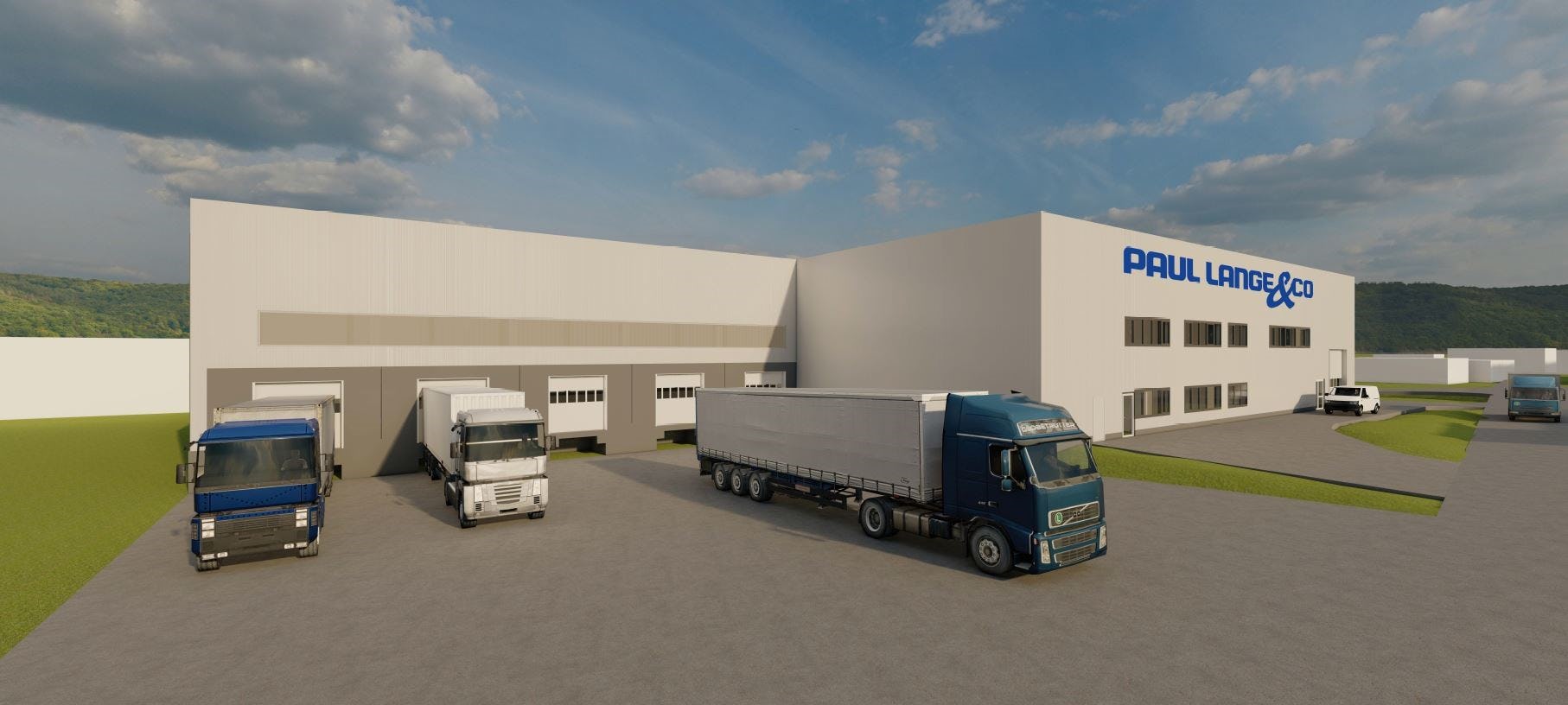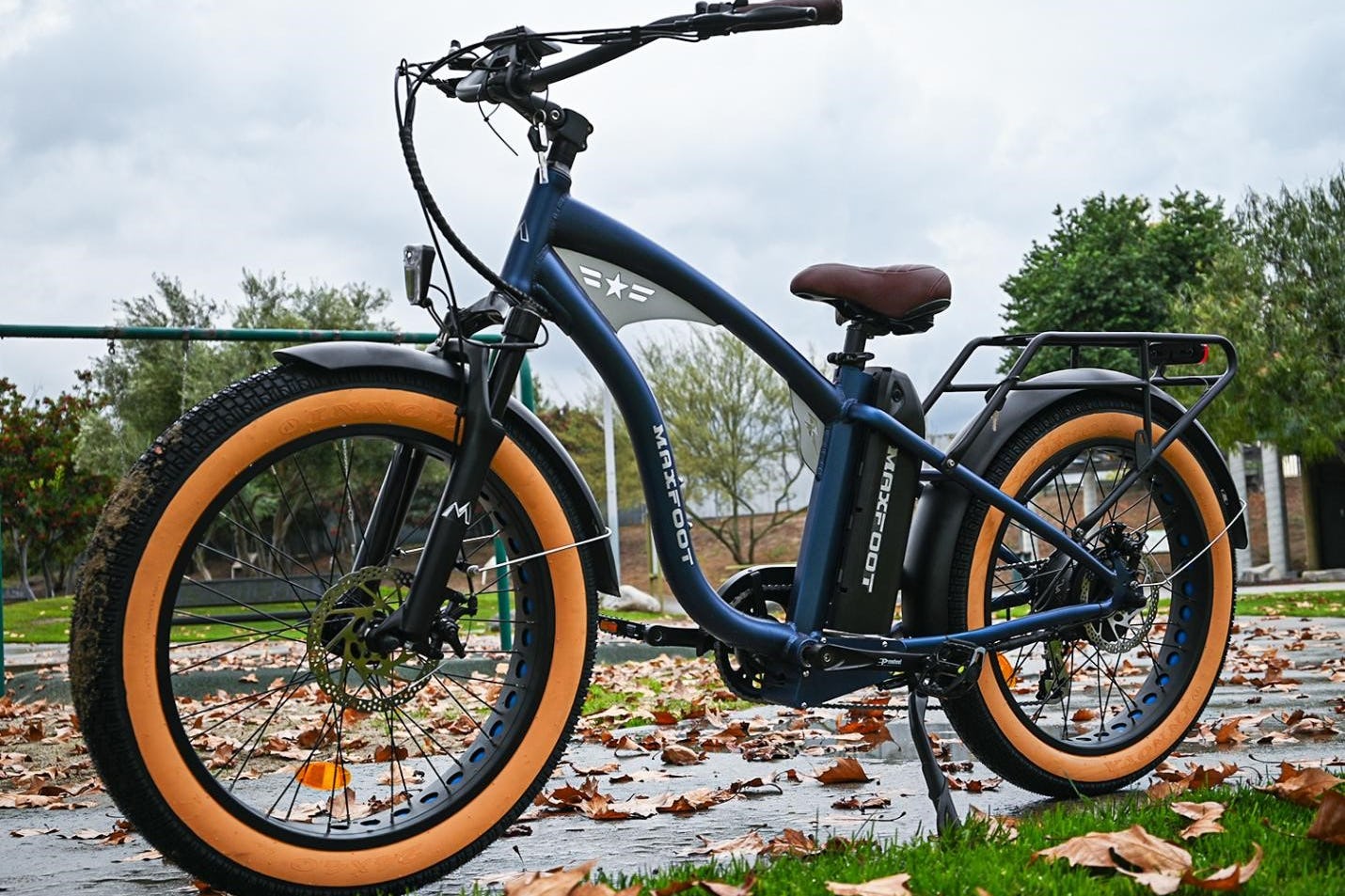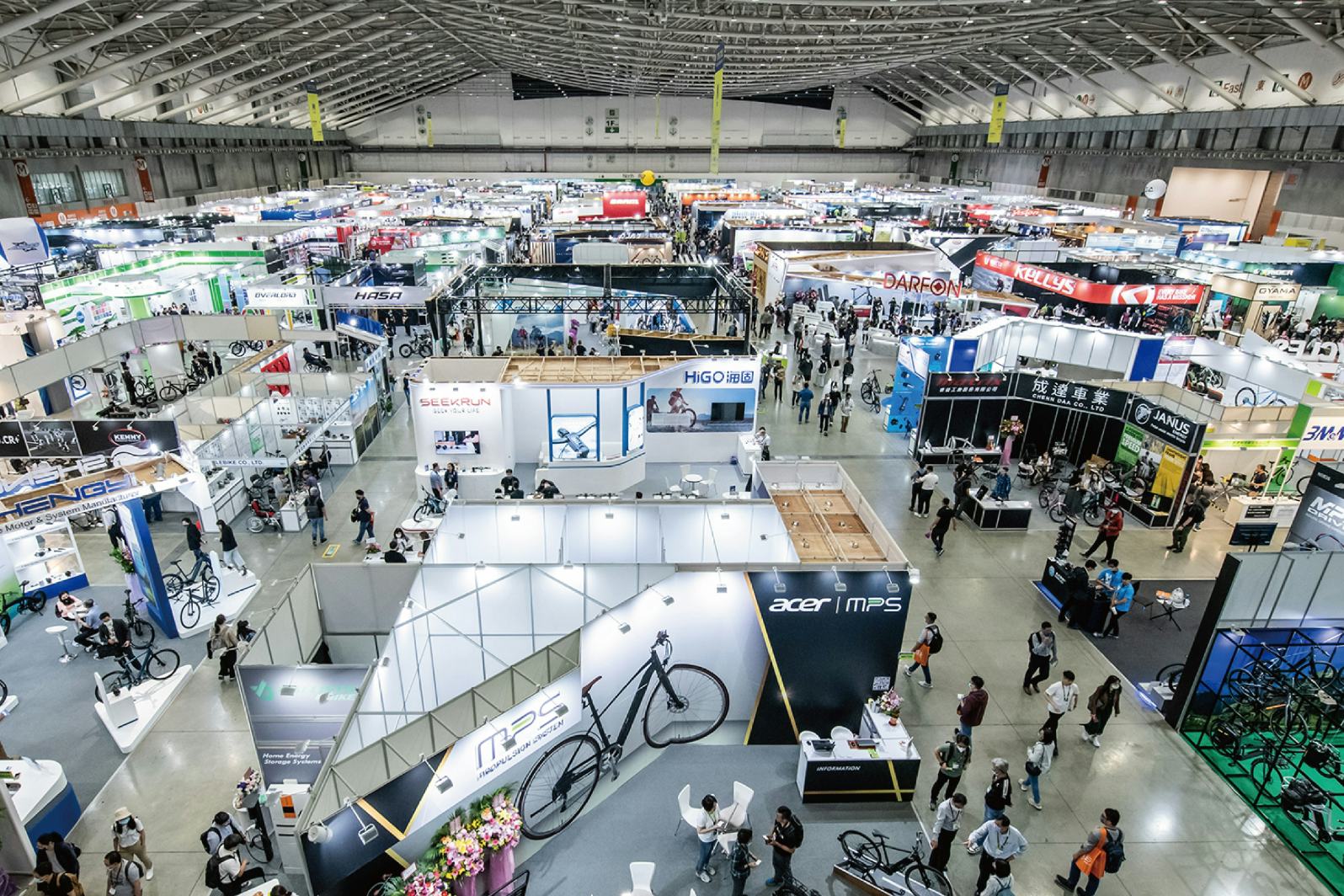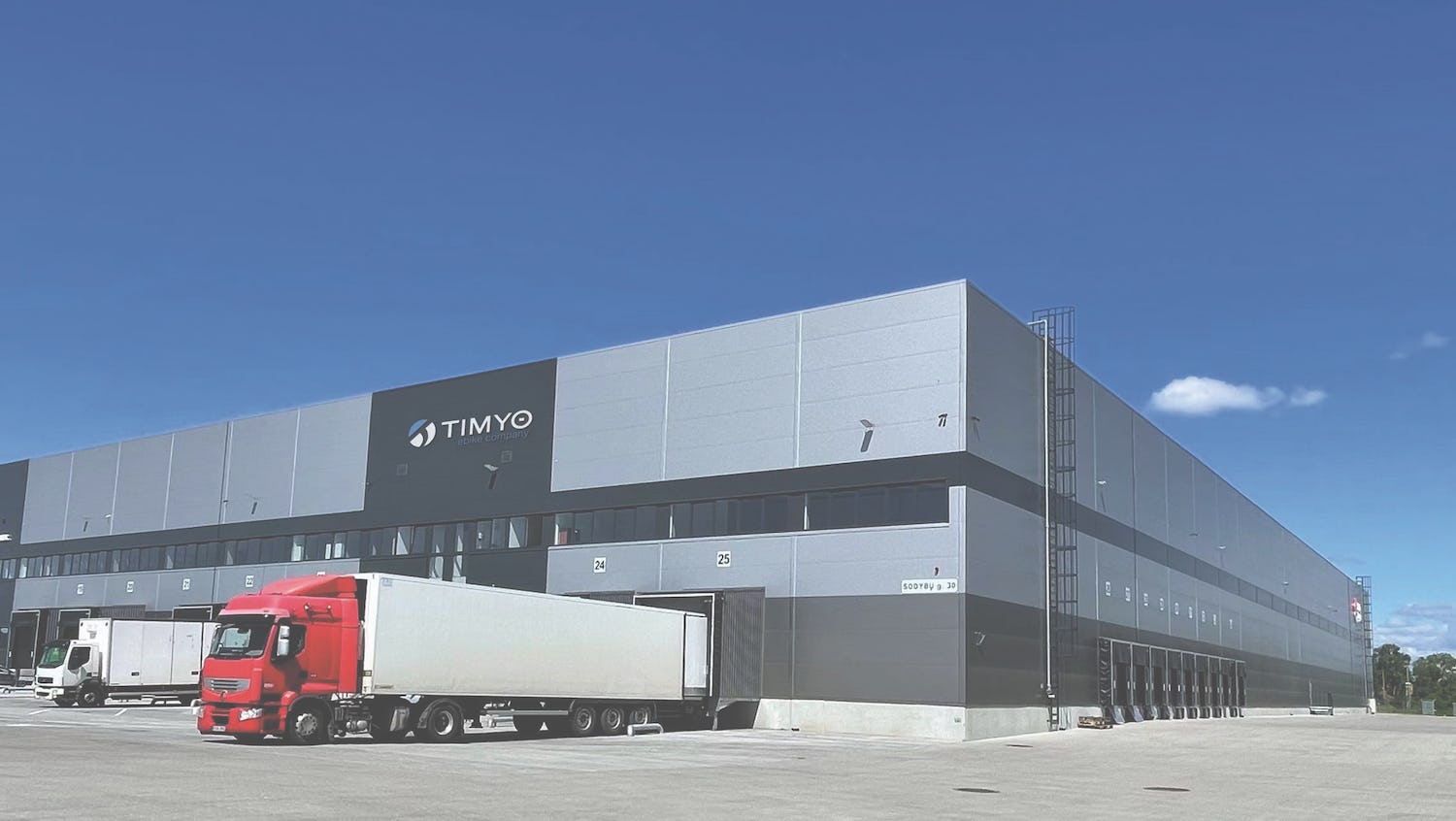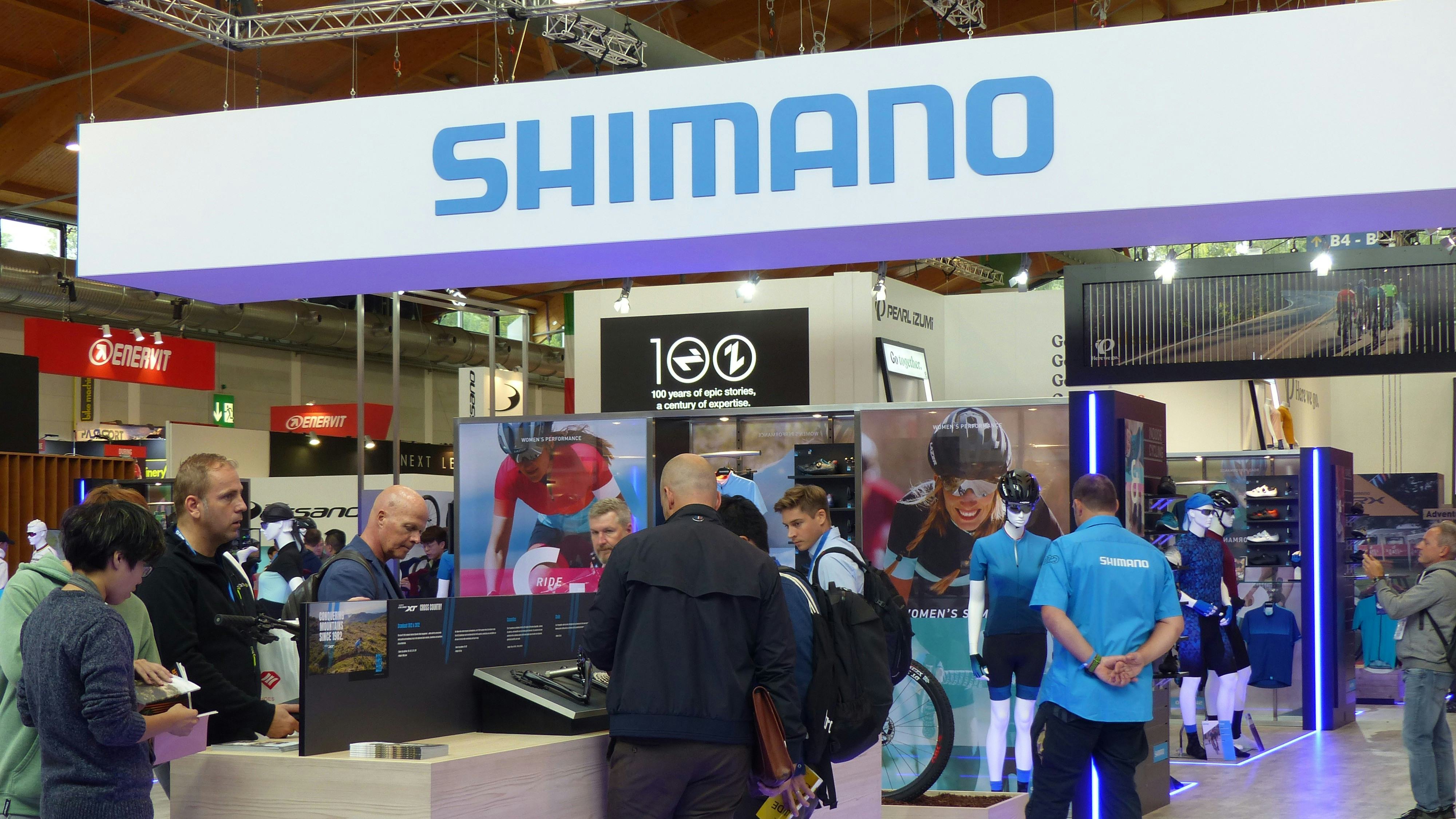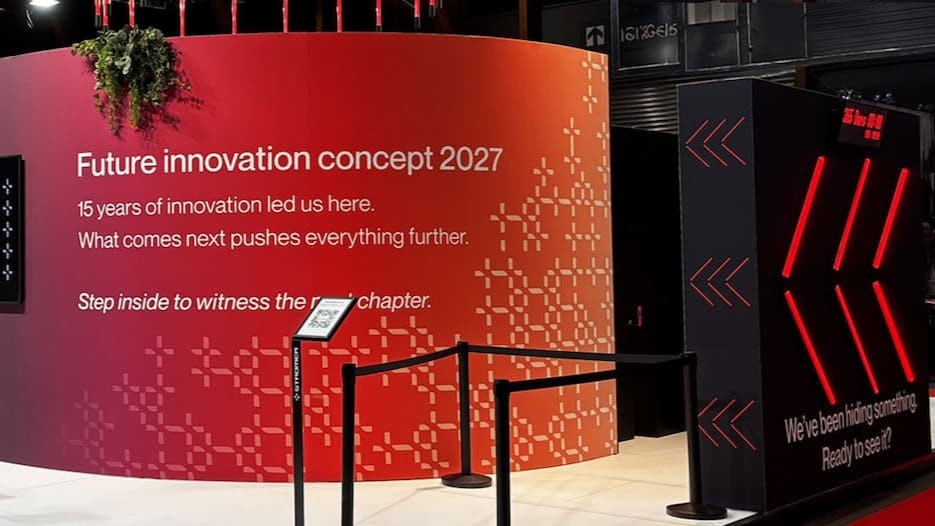Challenging times lie ahead of us. Even though the bicycle branch itself will withstand the current crisis better than many others, factors such as inflation, economic recession, declining private consumption, overstock situations and others will significantly influence the bike business as well. Yet, in the mid- to long-term perspective, cycling will continue its success story. High energy prices will make cycling even more attractive for daily commuting as well as for weekend or holiday activities, next to climate protection goals which strongly rely on reducing CO2 emissions in the transportation sector.
Reliable and timely distribution of parts will therefore remain crucial to support this development in the coming years, maybe even more so than ever. For that very reason, the companies of Paul Lange Group are investing heavily to further improve their capabilities to serve the respective European markets.
New warehouse complex in Herleshausen
Next to its warehouse investments at the company headquarters in Stuttgart, Germany, supply to German manufacturers will be strengthened by investments in the additional warehouse complex in Herleshausen near Eisenach where bulk deliveries to OEMs are handled.
End of June 2022, construction works have begun, and the project is scheduled to be finished by mid-June 2023. At an investment of several millions of euros, the building will offer 2,800 square metres of warehouse area plus 300 square metres office space. Next to increased storage and cargo handling capacities this will allow for a significant increase in the workforce over time, further enhancing the performance of the warehouse.
The project even offers future extension options for 2,200 additional square metres of warehouse space ”
The project even offers future extension options for 2,200 additional square metres of warehouse space. However, in addition to performance optimisation, sustainability was a decisive criterion in the planning of this project. A photovoltaic system with a nominal capacity of 222 kWp is generating ecologically friendly electrical power. In terms of the construction itself the company aims for Gold certification by the 'DGNB' (Deutsche Gesellschaft für Nachhaltiges Bauen – German Sustainable Building Council) as proof of sustainability in construction.
Logistics investments across Europe
In Switzerland, PLG member Fuchs-Movesa has initiated an infrastructure project that will about double the current logistics capacities. Removing the necessity for external warehouse facilities, this will reduce handling steps and drastically increase efficiency in delivering Shimano parts and other goods to the Swiss market. An investment in the double-digit million range will ensure quick and stable deliveries in the years to come.

Another warehouse enlargement project has just recently been finalised at Paul Lange Oslany in the Slovak Republic. A new warehouse facility was built on the company premises, offering additional space for 1,200 pallets. This, however, is just the first step. The new warehouse is fully prepared for a PowerCube automated warehouse system to be added in the future, raising the company’s logistics capacities even further.
Future-proof IT infrastructure
Next to logistics improvements, Paul Lange Group is also investing in a modern, future-proof IT infrastructure, another crucial element for seamless distribution to the markets. A huge financial investment, Paul Lange & Co. in Germany has recently implemented a completely new IT infrastructure including ERP, warehouse/supply chain software, BI and CRM.
Over 300,000 hours of project work in total were required to get the system up and running. More than 60 key users were – and still are – deeply involved in streamlining the system in such a way that it can manage even the most complex of business cases. Even though there were hook-ups during the initial operating phase, the team managed to solve those cases and shape a modern, future-proof IT system.
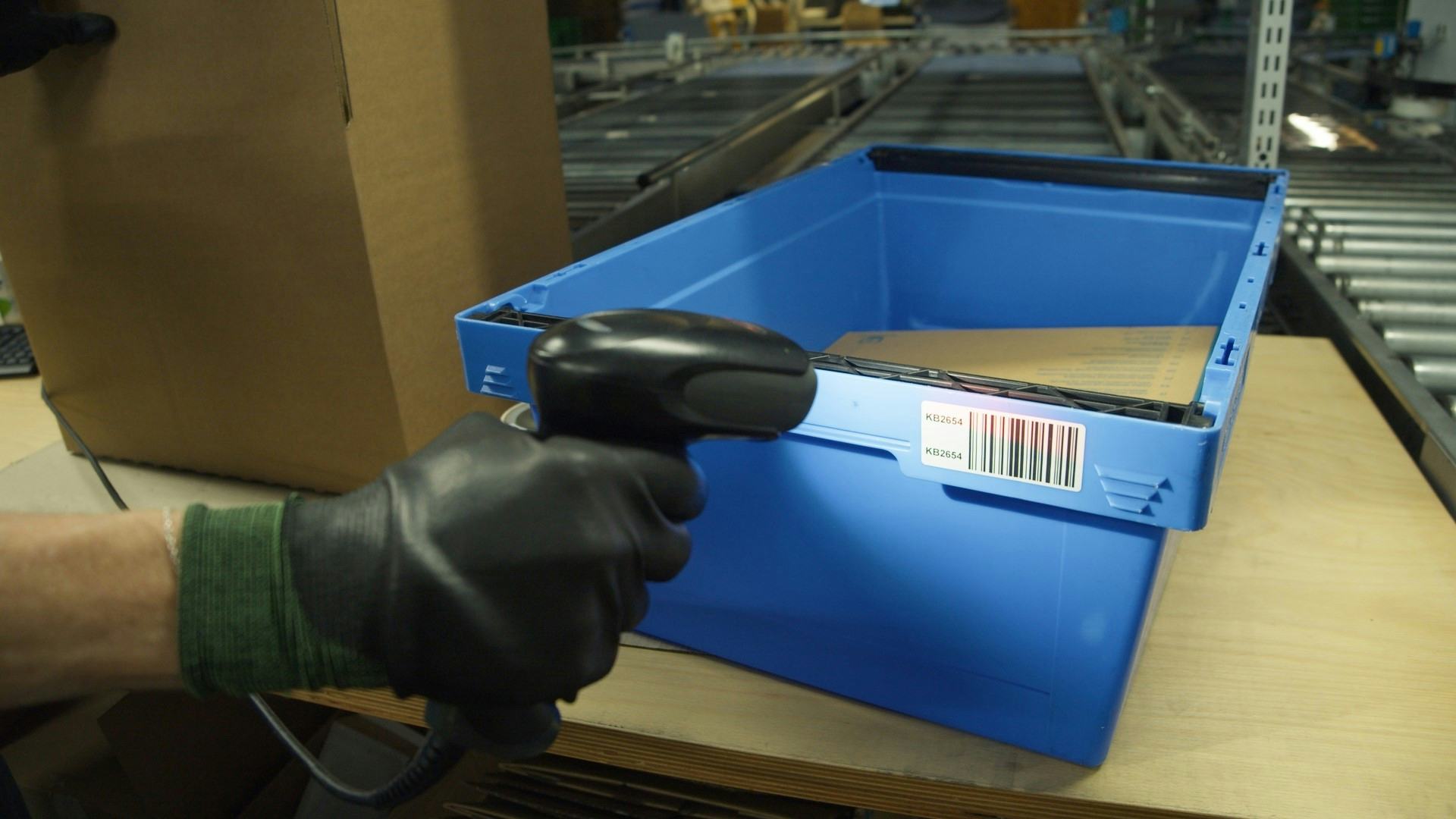
This system will now be implemented at PLG Company Thalinger-Lange in Austria as well and is planned to go live by the end of 2024. Greatly benefiting from the experience gathered in Germany, the estimated project duration will be just two years after which deliveries to retail and OEM customers in Austria will also be based on state-of-the art fast and reliable information technology.
This article is sponsored by Paul Lange.

